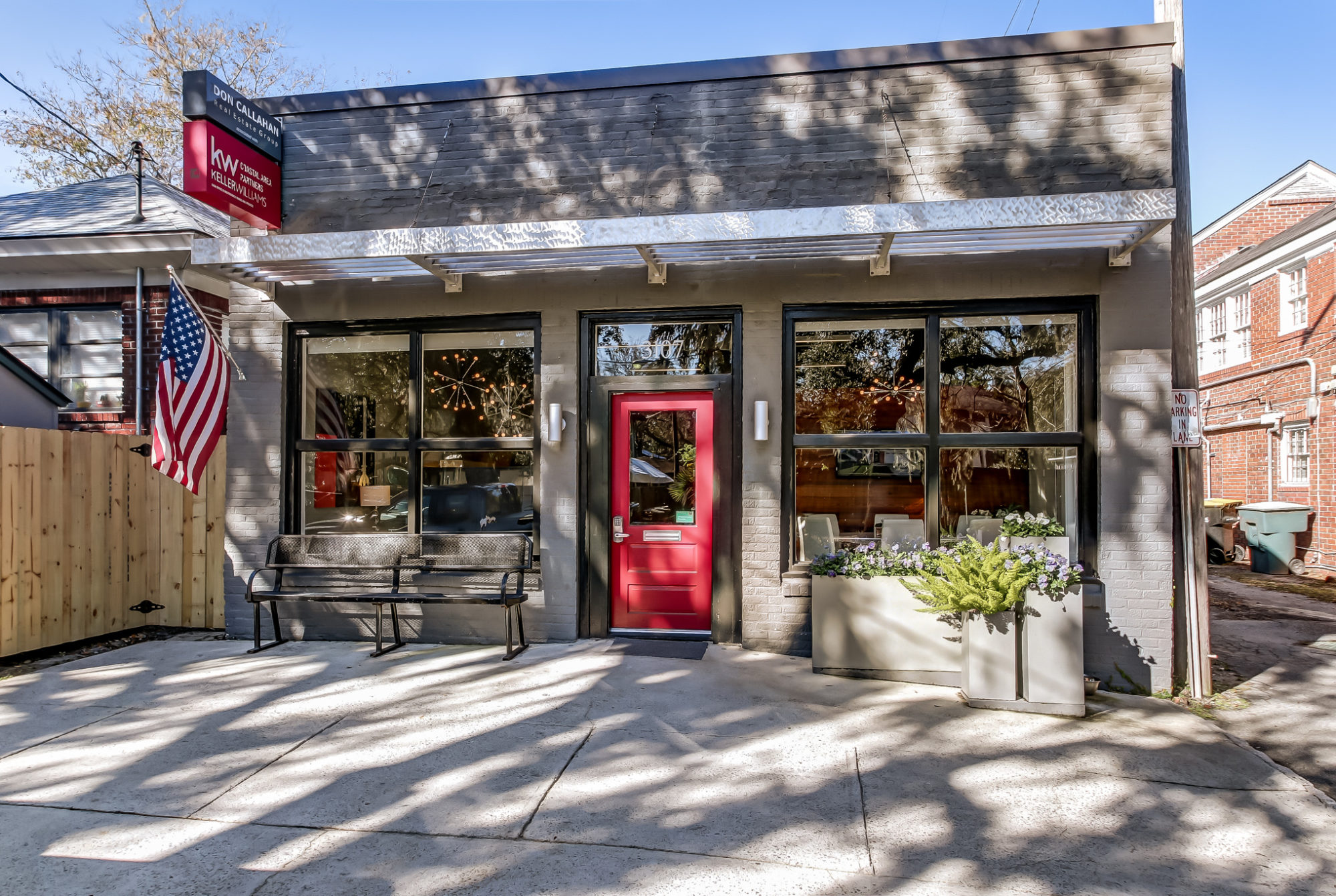You can’t stop a tropical storm or hurricane, but you can take steps now to protect you and your family. The worst thing that people who live along the coast ( hello Savannah, Georgia! ) can do is to NOT prepare for tropical storms and hurricanes.
The Atlantic season runs from June 1st to November 30th. According to the NHC, the two key factors contributing to weather safety is preparing in advance for the risks and to act on those preparations when alerted by emergency officials.
HURRICANE WATCH
When a Watch is issued, conditions pose a possible threat to a specific area within 36 hours.
HURRICANE WARNING
When a Warning is issued, winds of 74 mph or higher are expected to affect a specified area within 24 hrs. This Warning is the signal to take immediate action to prepare for the full impact of a hurricane. The consequences for coastal communities could be devastating if proper emergency actions are not taken.
WHEN TO EVACUATE
Long before a storm becomes an immediate threat, you should have already decided where you will go if an evacuation is necessary: friends and relatives, motel or hotel outside the threatened area, or public shelter. The more hazards in your location, the more important it is that you leave even if it is only precautionary. If you live in a mobile home, even if it is well away from the coast and tied down, the wind can pose a threat to your safety. If you live in an evacuation zone you should leave as early as possible; preferably when the Voluntary Evacuation is announced. Planning ahead is vital to ensuring that you can evacuate quickly and safely, no matter what the circumstances.
This will allow you to type in any address in Chatham County and easily identify which zone you are in.
Prepare an emergency water supply
- Have at least 5 gallons of water per person (which should be enough to last 3 to 5 days)
- Gather clean containers for water
- Get supplies to make your drinking water safe (like iodine tablets or chlorine bleach)
Prepare an emergency food and medicine supply
- Put together a 3 to 5 day supply of food that doesn’t go bad (like canned food)
- Make sure to have enough baby food or formula (if needed)
- Gather any prescription medicines
Gather safety items, including:
- First aid kit and instructions
- Fire extinguisher
- Battery-powered radio
- Flashlights
- Extra batteries
- Sleeping bags or extra blankets
- Phone charging cable
- External battery for charging
Gather personal care products, including:
- Hand sanitizer
- Wet cleaning cloths (like baby wipes) in case you don’t have clean water
- Soap
- Toothpaste
- Tampons and pads
- Diapers
Tip: Make sure your supplies are stored together in a place that’s easy to reach.
Additional Resources:
- How to Drive Safely Before, During and After a Hurricane Disaster
- Checklist for Business
- Preparedness Tips for Parents
- Safety for Construction Sites
- Preparing for Disasters
- Emergency Preparedness for Seniors
- Disaster First Aid and Health Safety
- Recovery: Getting the Most from Your Homeowners Insurance
What you should know about Hurricanes
- Know what to do before, during, and after.
- Prepare before the season starts.
- Create an emergency communication plan with your family before a storm.
- Have emergency supplies in place at home, at work, and in the car.
- Check your insurance coverage, damages caused by flooding are not covered under normal homeowner’s insurance policies.
- Know your local community’s evacuation plan and evacuation routes and how to receive alerts.
- Listen to local officials.
Associated Content
- Hurricane Seasonal Preparedness Social Media Toolkit(link)
- Hurricane Information Sheet (PDF)
- Six Things to Know Before a Disaster (video)
- National Hurricane Center (link)
- National Weather Service Hurricane Safety (link)
- When the Waves Swell – Hurricane Animated (Video)
- How to Prepare (PDF)
- Playbook (PDF)
- Prepare Your Organization for a Hurricane Playbook (PDF)
- Communication Tools (PDF)
- Creative Materials (PDF)
- National Creative Resources (PDF)
Sources:
CDC
Ready.gov
AccuWeather
Chatham Emergency
RECOMMENDED BLOGS
Flood insurance: What you don’t know may be harmful to your pocketbook








